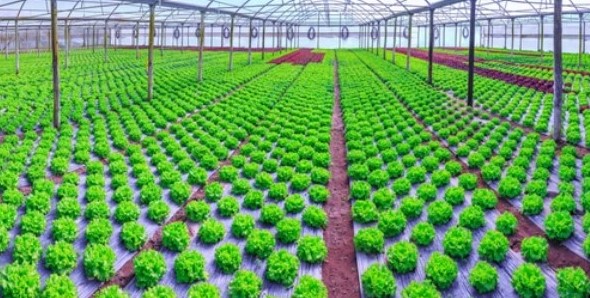Organic Farming Internship

Organic farming is a type of
farming that avoids or limits the use of synthetic fertilisers, pesticides,
growth regulators, genetically modified organisms, and livestock feed
additives. Crop rotations, use of crop residues, animal wastes, legumes,
organic manure, off-farm organic wastes, biofertilizers, mechanical
cultivation, mineral bearing rocks, and aspects of biological control are used
to maintain soil productivity and tilth, supply plant nutrients, and control
insect, weeds, and other pests to the greatest extent possible in organic
farming systems.
If organic methods are organised in production,
certification, and marketing, they can boost farm productivity, repair decades
of environmental harm, and link small farm families into more sustainable
distribution networks, leading to increased food security. In recent years, an
increasing number of farmers have shown disinterest in farming, and many who
used to farm have relocated to other locations. Organic farming is one
technique to promote food security or self-sufficiency. Chemical fertilisers
and hazardous pesticides are used in large quantities, poisoning the land and
water. Severe environmental impacts result from this, including loss of
topsoil, decreased soil fertility, surface and ground water contamination, and
genetic diversity loss.
Course Modules
-
1 Session
-
1 Session
-
2 Session
-
1 Session
-
1 Session
-
2 Session
-
1 Session
-
1 Session
-
1 Session
-
2 Session